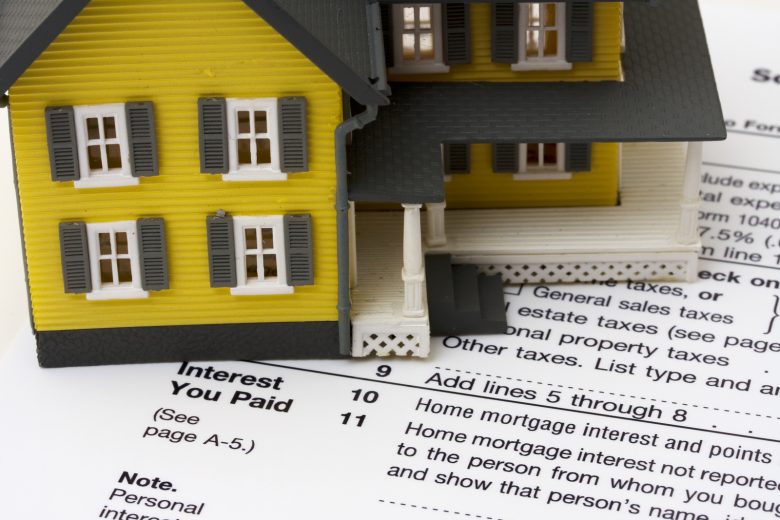Property taxes can increase for a number of reasons. Laws may change at the local, state or federal level, which would cause taxes to increase. Your neighborhood’s value may also rise, or your tax bill may increase after the county reassesses the value of the land in your area. That’s why taking up tax planning classes will help in making adjustments on your financial plans.
In 2017, the average property tax bill was $3,400, which was 3% higher than the previous year.
What can you do if your property taxes increase? If you are searching for a tax accountant near me, Robert Hall & Associates tax consultants have a track record of helping individuals and businesses of all sizes with day-to-day accounting, payroll service, and tax issues, or you could consider accountants in Birmingham.
Review Your Property Tax Card
As a homeowner, you have a right to request to view, or receive a copy of, property tax cards at your local town hall. Your property tax card will provide you with the information the town has gathered about your property over time.
The card’s information may include the size of the lot, the number and type of fixtures in the home, and the precise dimensions of the rooms. It may also include notations or information about any improvements that may have been made to the property.
While reviewing the card, make note of any discrepancies and point them out to the tax assessor. The assessor will make the correction, or conduct a re-evaluation of your property.
Walk Your Home with the Assessor
Many homeowners make the mistake of allowing the tax assessor to wander through the home unguided during the evaluation. But some assessors will only see the good points in your home while walking through it. They may only notice the new countertops and fireplace in the living room, and may overlook the fact that your appliances are outdated and there are small cracks forming on the ceiling.
To prevent this from happening, walk through your home with the assessor. Point out the good as well as the bad. Get appliance buying tips from Appliance Hunter. By doing so, you ensure that you receive the fairest evaluation possible.
Don’t Procrastinate
Depending on your local laws, you may not have much time to dispute a higher property tax bill.
If you plan to file an appeal, you’ll need to fill out the paperwork from your county and evaluate the value of comparable homes in the area.
In some states, the window to appeal a property tax bill is 120 days.
Seek Relief Through a Tax Exemption or Abatement Program
Your city or town should offer property tax exemption or abatement programs that will help lower your property tax bill.
Abatements work to lower or eliminate property tax increases on rehabilitation, new construction or other improvements.
Exemptions help reduce the taxable portion of your property assessment. For example, you may qualify for the homestead exemption, which prevents your property taxes from increasing, if your spouse has died and was the main provider in the home.
In Cook County, Illinois, approximately $19.5 million was returned to homeowners because of changes in exemptions last year. It won’t hurt to apply for an exemption. The best-case scenario is that you save money on your tax bill.
Don’t Shut Out the Assessor
Technically, you don’t have to let the tax assessor walk through your home. However, if you don’t permit access to the interior, the assessor will typically assume that you’ve made certain improvements that may increase your tax bill.
In many towns, assessors will automatically assign the highest assessed value for your type of property if you refuse to grant access to the entire property.




